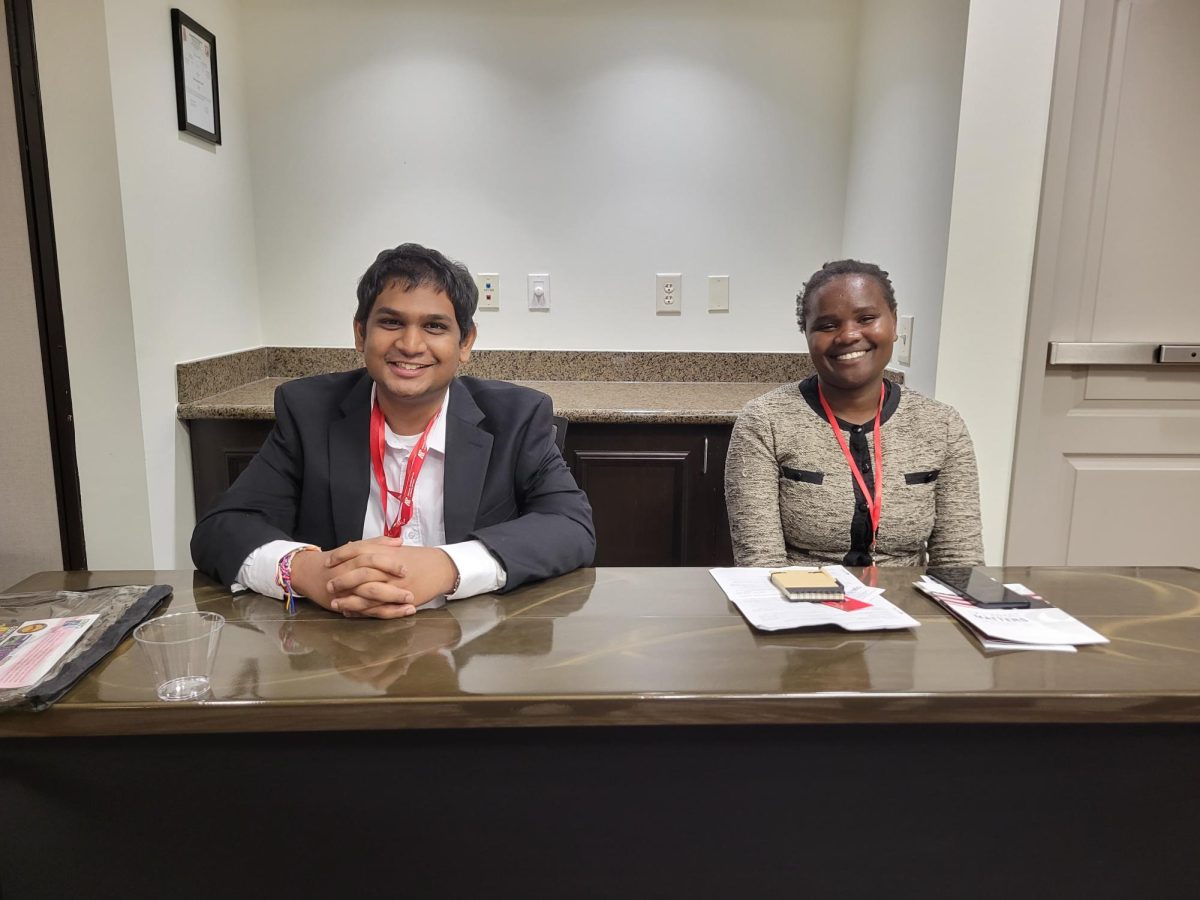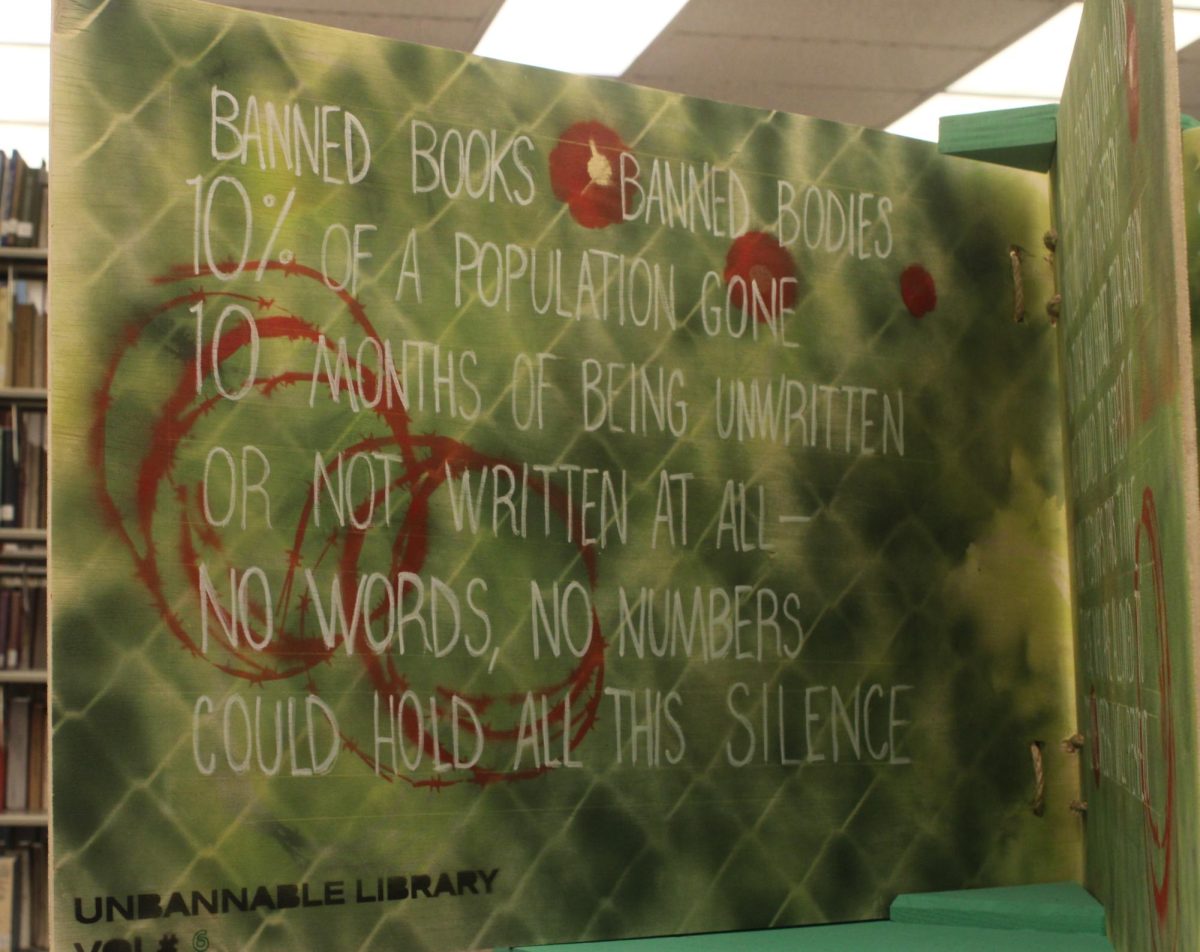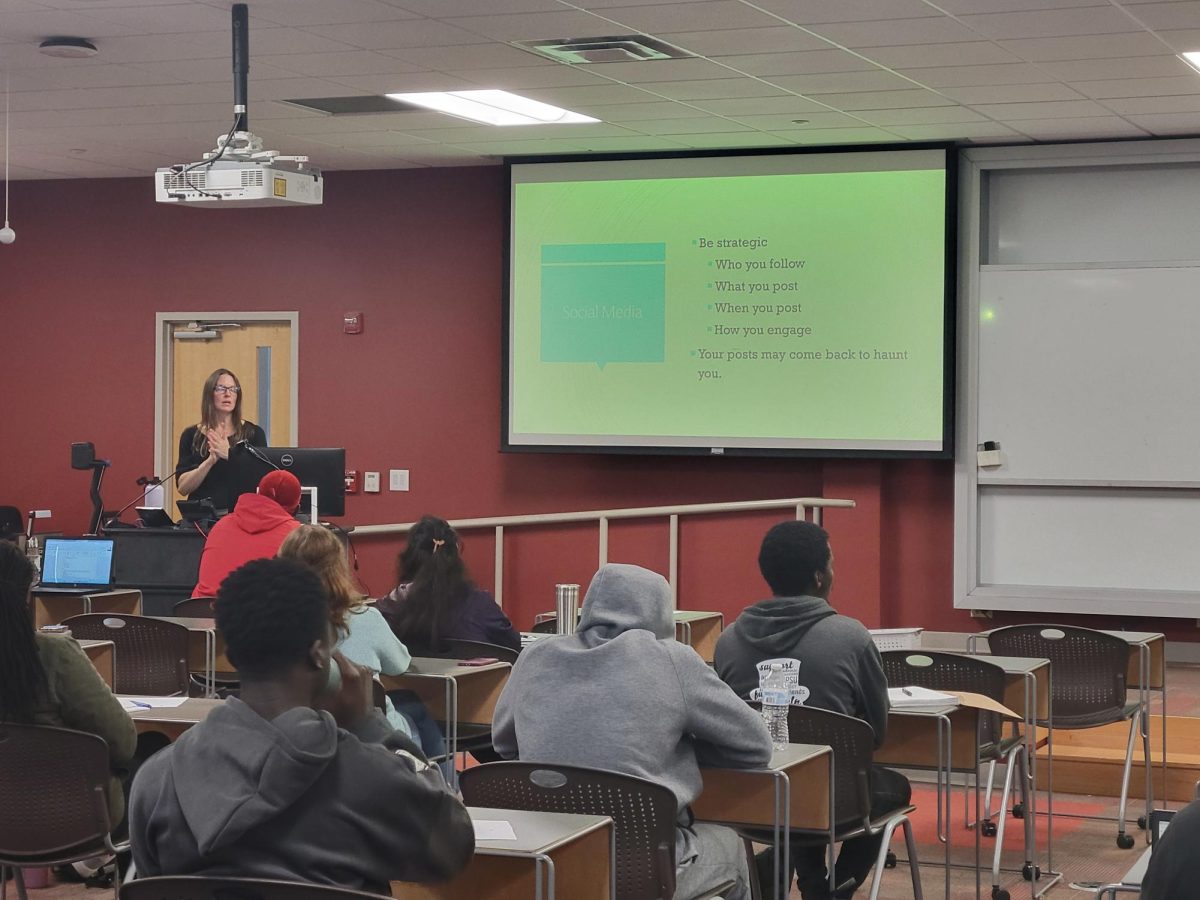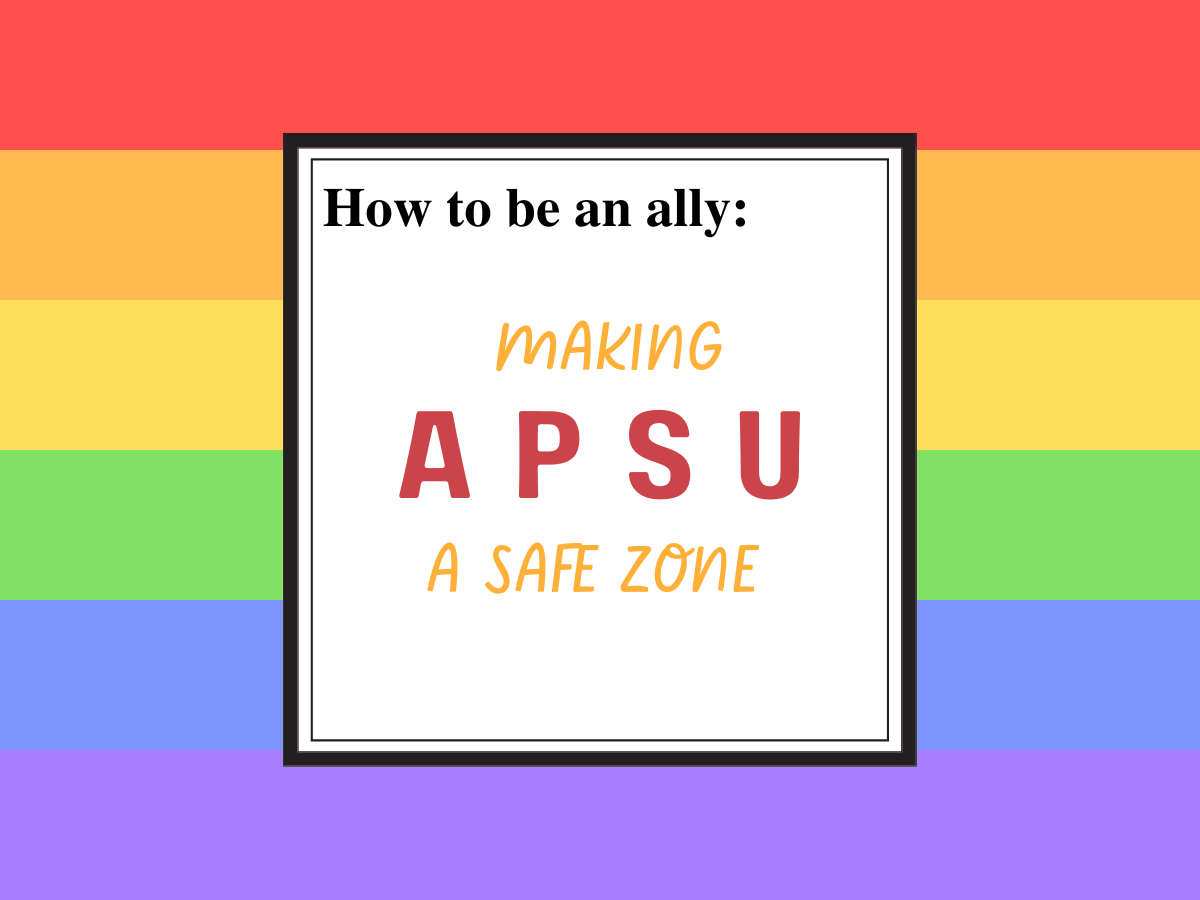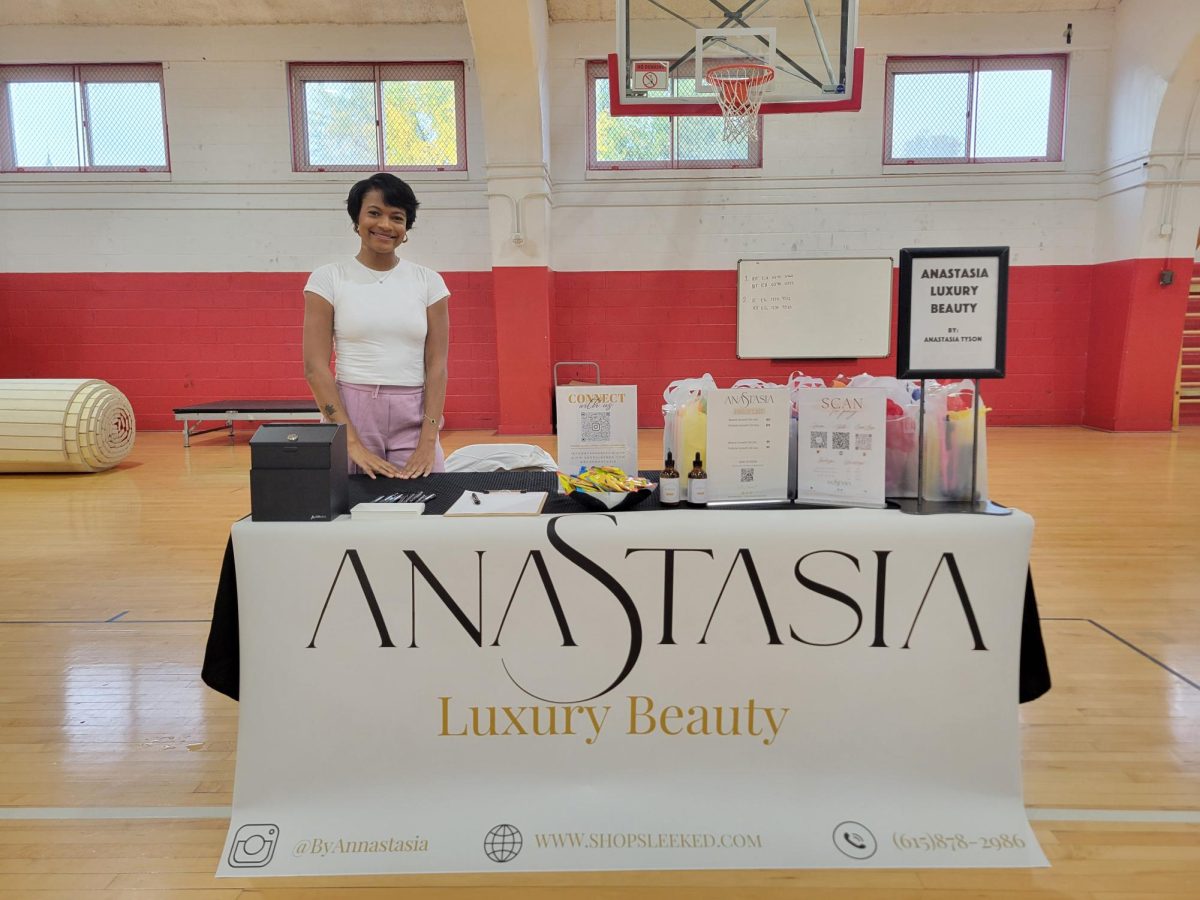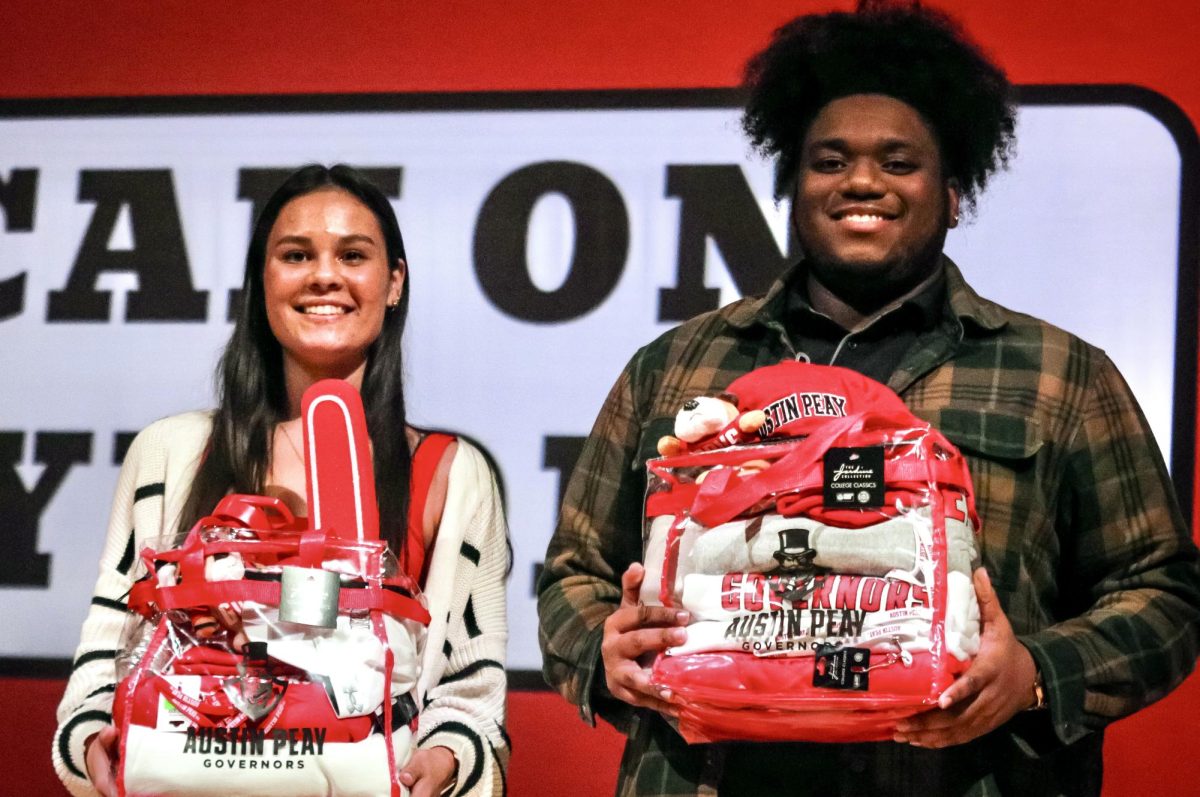APSU has a new Sustainability Coordinator, Haley Randell.
While working towards overall sustainability on campus, one important part of Randell’s job description is being on the Sustainable Campus Fee Committee.
This committee is an official Standing Committee of the university administration formed in 2008 when the students committed to a $10 fee per semester.
“A lot of times if a student proposes something, we give some feedback and say, ‘Can you come and present your idea and answer XYZ questions, so we can have a better understanding of what you want?’” Randell said. “And then from there, we will vote.”
Its membership is comprised of students, faculty and staff.
The purpose of the committee is to administer the student fee funds to advance sustainability initiatives on campus.
One past student submitted project is the BCycle bike sharing program submitted by student Frank Burns and selected by the committee for funding and implementation in fall 2018.

The Native Meadow Installation was another project approved by the committee.
Additionally, in the 2016-17 school year, the committee matched a grant of $200,000 from the Clean Tennessee Energy Grant program in the Tennessee Department of Environment and Conservation with $200,000 of Sustainable Campus Fee funds to install LED lighting in buildings across campus – to conserve energy.
Other projects included the installation of numerous recycling bins, water bottle refill stations, electric car chargers, the dual-flush toilets in restrooms across campus and more. (All of this information and more is available at apsu.edu/sustainability)
“We love it when students submit their ideas because it’s really their money,” Randell said.
In addition to the regular fee requests, students can also participate in the Great Green Idea.
The Great Green Idea is a student competition held in October of every year, during national Campus Sustainability Month.
The competition strives to engage students in thinking about sustainability at APSU.
The prize money is an incentive.
Outside of her responsibility on the Sustainable Campus Fee Committee Randell is looking to figure out the baseline metrics on things like energy use at the university, waste consumption and how much we’re recycling.
The focus is also on how much people know we’re recycling as well as a baseline on stormwater management.
“Things like making the rain seep into the ground where it falls if it can,” Randell said. “I’m working on getting grants. One thing I’m really excited about is we are actively trying to extend the Greenway into campus. That would be an awesome opportunity for students.”
Randell is also highly interested in getting students involved with her work and hearing their feedback.
“I would like to start a sustainable student organization again. There was one about a year ago and be able to work with students to see what they’re interested in doing and to see if I can help,” Randell said. “I’d really like the students to drive what I’m doing.”

One project Randell has already started on is composting paper towels from the bathrooms.
It was a student recommendation.
The student pointed out all the paper towels in the bathrooms, as well as, the composters over in the Center for Service-Learning and Community Engagement, which are always looking for dry ingredients.
They get food waste from the cafeteria and need a balance.
The student recommended we compost paper towels, but there was a problem. The paper towels were bleached, and bleached products cannot be used in composting.
“So, right now the university is switching over all our paper towels to compostable paper towels, which is a huge deal. We’re not costing any money to the university. We’re just basically switching out the paper towels, and we’ll be able to start composting them,” Randell said. “We’re starting pilot spots. I’m hoping to do Browning so we can get the president and everybody involved, but definitely at Physical Plant where my office is.”
Randell notes that students can always reach her through email or by visiting her office in Physical Plant located within the Shasteen Building.
She also encourages students with ideas and opinions on campus sustainability to participate in or even join the Sustainable Campus Fee Committee.
“We really encourage everybody to come to the Sustainable Campus Fee Committee meetings. We always have student members as well. So, they can come in and vote and participate or they can submit their ideas as well. So, theres really many options,” Randell said.
When Randell was a Biology student at Temple University, she got an Office of Sustainability Grant.
She feels that it really launched her trajectory on where her career was going, because she had that project management experience and grant writing experience, and from there she could apply for different jobs.
“It’s just a free opportunity for students to get funding, for them to learn how to write grants, to learn how to manage projects, do some research maybe. That’s what I’m kind of here for. I’m here to help the community. I’m here to help the university be more ‘green’ and to better the environment,” Randell said.
Prior to working at APSU, Randell has worked a number of other jobs, most recently she worked for her local municipality in Connecticut.
She has also worked for Arizona State University, non-profits in Hawaii like the Center for Food Safety and a sustainable architecture firm doing ‘green’ building.
“Sustainability is broad. It can be [a] green building. It can be waste management, energy use. So, I think that’s where my strength is. I have the breadth of knowledge, knowing a little bit here and there to help students, to help faculty flesh out their ideas and learn and grow,” Randell said. “I think I’m here to assist in what students really want on campus.”


